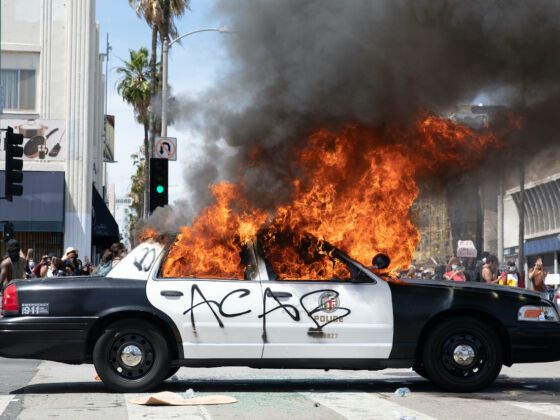IT WAS an unexpected development during June’s Confederations Cup in Brazil. Out of nowhere thousands were marching down the streets in anti-government protests. Some of the protesters were violent and trashed the city.
Except it wasn’t out of nowhere, and the world outside of Brazil found it difficult to see that. But as a Brazilian journalist stationed at the heart of the unrest, it was easy for me to understand what was happening and why.
